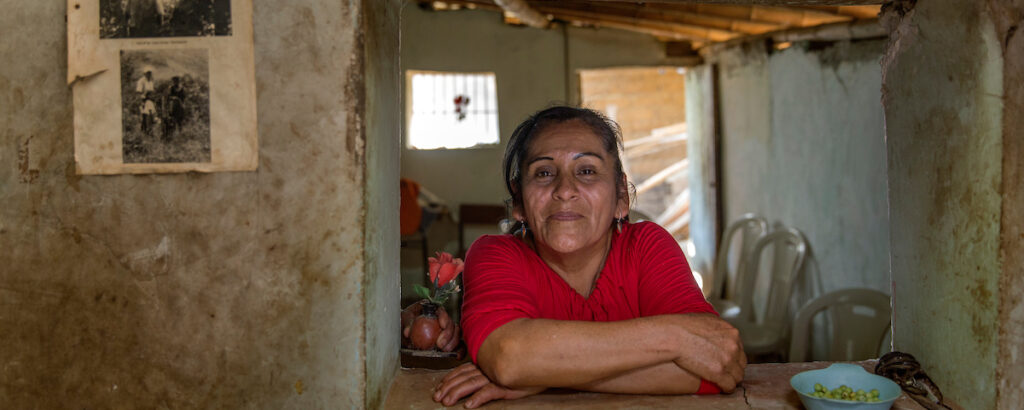The Fairtrade Foundation has expressed concern at the results of a review by the Independent Commission for Aid Impact (ICAI) of the UK’s ‘aid for trade’ approach.
Published on 6 June, ICAI’s review assesses how well the UK’s aid for trade interventions (funded through overseas development assistance) has supported low-income countries to expand their trade, and contribute to economic growth and poverty reduction, since 2015.
Read the review on the ICAI website.
Giving the UK Government an Amber/Red rating overall, ICAI concludes that: ‘The UK is not doing enough to ensure that its aid for trade interventions benefit the poor, and the increased focus on short-term UK interests poses risks to the quality of programming that are not being sufficiently managed.’
The international trade system is already heavily stacked in favour of the richest and most powerful.
Mike Gidney, CEO of the Fairtrade Foundation
Responding, Mike Gidney, CEO of the Fairtrade Foundation, said: ‘Since the Government approved cuts to the UK’s aid budget, it has become more vital than ever that our overseas aid is spent well and is directed at those who most need it. This amber/red rating from ICAI is therefore extremely worrying, although not a complete surprise.
‘Aid for trade has, so far, placed too much focus on macro-economic theory while ignoring the human reality of doing business. The international trade system is already heavily stacked in favour of the richest and most powerful. That’s why, in order to drive real impact, aid for trade needs to focus on the people behind the products, rather than dehumanising them by focusing narrowly on commodities not communities.’
Time to refocus
Mr Gidney continued: ‘Fairtrade has stood shoulder-to-shoulder with farmers and agricultural workers in low-income countries through the Covid-19 pandemic, and now through the climate emergency and global cost of living crisis.
It is time for the Government to refocus and help some of the most marginalised communities to thrive.
‘As a result, we know that the right kind of support for low-income nations is the sort which helps communities build resilience to shocks and enables the benefits of trade to spread more widely.
‘We fully support ICAI’s call for the UK’s aid for trade interventions to focus relentlessly on ensuring that small businesses, smallholder farmers and workers reap some of the value of a higher volume of international trade. It can be done – Fairtrade farmers and workers themselves have benefited from this kind of aid in the past.
‘It is time for the Government to refocus and help some of the most marginalised communities to thrive. Not only is it the right thing to do, but it will also help to ensure a more sustainable and resilient flow of goods and food exports into the UK.’
The ICAI report notes that: ‘the recent aid budget reductions have threatened the effectiveness of UK aid for trade’. However, the report highlights areas of strengths to the Government’s approach. These, it says, include ‘delivering significant reductions in the time to trade across borders and contributing to increases in trade, although who benefits is less clear’.
– Ends –
For more information contact Tomilola Ajayi via:
- Email: tomilola.ajayi@fairtrade.org.uk.
Notes to editors
About Fairtrade
Fairtrade changes the way trade works through better prices, decent working conditions, and a fairer deal for farmers and workers in developing countries. Fairtrade Foundation is part of a global system overseen by Fairtrade International: an independent non-profit organisation that represents more than two million small-scale farmers and workers worldwide and owns the FAIRTRADE Mark, a registered trademark of Fairtrade that appears on more than 37,000 products. Beyond certification, Fairtrade International and its member organisations empower producers, partner with businesses, engage consumers, and advocate for a fair and sustainable future.
